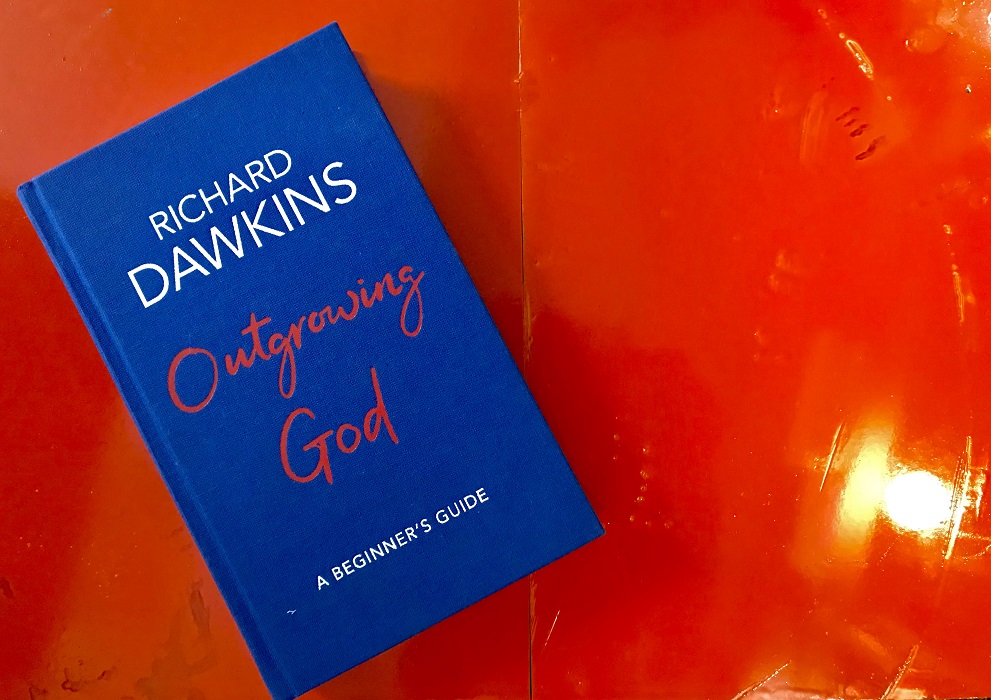
Author Richard Dawkins was fifteen when he stopped believing in God. Deeply impressed by the beauty and complexity of living things, he felt certain they must have had a designer. Learning about evolution changed his mind.
In Outgrowing God, Dawkins, as a bestselling science communicator, gives young and old readers the same opportunity to rethink the big questions.
Find an excerpt from the book below, where he introduces the historic and current frameworks of god and religion within which we need to rethink questions of faith, religion, and spirituality.
Do you believe in God?
Which god?
Thousands of gods have been worshipped throughout the world, throughout history. Polytheists believe in lots of gods all at the same time (theos is Greek for ‘god’ and poly is Greek for ‘many’). Wotan (or Odin) was the chief god of the Vikings. Other Viking gods were Baldr (god of beauty), Thor (the thunder god with his mighty hammer) and his daughter Throd. There were goddesses like Snotra (goddess of wisdom), Frigg (goddess of motherhood) and Ran (goddess of the sea).
The ancient Greeks and Romans were also polytheistic. Their gods, like the Viking ones, were very human-like, with powerful human lusts and emotions. The twelve Greek gods and goddesses are often paired with Roman equivalents who were thought to do the same jobs, such as Zeus (Roman Jupiter), king of the gods, with his thuderbolts; Hera, his wife (Juno); Poseidon (Neptune), god of the sea; Aphrodite (Venus), goddess of love; Hermes (Mercury), messenger of the gods, who flew on winged sandals; Dionysos (Bacchus), god of wine. Of the major religions that survive today, Hinduism is also polytheistic, with thousands of gods.
Countless Greeks and Romans thought their gods were real – prayed to them, sacrificed animals to them, thanked them for good fortune and blamed them when things went wrong. How do we know those ancient people weren’t right? Why does nobody believe in Zeus any more? We can’t know for sure, but most of us are confident enough to say we are ‘atheists’ with respect to those old gods (a ‘theist’ is somebody who believes in god(s) and an ‘atheist’ – a-theist, the ‘a’ meaning ‘not’ – is someone who doesn’t). Romans at one time said the early Christians were atheists because they didn’t believe in Jupiter or Neptune or any of that crowd. Nowadays we use the word for people who don’t believe in any gods at all.
Outgrowing God asks pertinent and highly relevant questions on life and human connection. Concise and provocative, it is a crucial guide to thinking for yourself.









